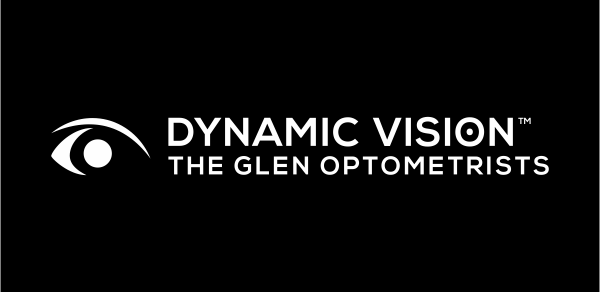
How safe are over the counter glasses?
Over-the-counter glasses are available almost anywhere, and at a much lower cost than good quality prescription glasses. But, are they really an adequate substitute for a proper eye exam and decent quality lenses? While some industry experts don’t believe that cheap glasses can permanently damage your eyesight, it is still not the best solution due to the overall poor quality that can cause tired eyes, headaches and eye strain such as dry and sore eyes.

Ageing is the biggest cause of gradual vision loss. And, for those entering their late thirties it is very tempting to find a quick solution and non-prescription glasses at stockists who doesn’t specialise in optical care. Buying over-the-counter glasses can have many disadvantages and should be considered carefully.
Many people are under the impression that their eye care needs are solved by buying this cheaper version of eyeglasses. But, it is still important to pay regular visits to your optometrist. Your optometrist will provide you with the correct prescription lenses to prevent further eye strain. While visiting your optometrist they will also look for signs of cataracts, glaucoma, ocular cancer, and retinal disease with every eye exam. Your optometrist can also diagnose diabetes. These visits are important in detecting vision problems as soon as possible to prevent further eye damage. Regular eye tests are especially important for children whose eyes are still developing – prevention is the cure. By avoiding eye exams, you are putting your vision at risk.
Correcting your vision by trying on different reading glasses until finding the right fit can lead to under- or over-correcting of your vision. Under-correcting, when lenses are not strong enough or over-correcting, when lenses that are too strong, can lead to tired eyes, nausea, dizziness, headaches, sore neck and back and eye strain such as dry eyes and watery or sore eyes. You are simply not qualified to correct your own vision.
Your eyes are in most circumstances not a matched set. The left and right eye will most of the time require different prescriptions and a one-size-fits-all solution will not balance your vision and will lead to more eye strain and discomfort.
Cheap quality eyeglass frames and lenses of over-the-counter glasses are not always properly designed with long-term eye health in mind. These frames are mainly made from hard materials and can most of the time not be adjusted to fit your face properly, causing discomfort on your nose and ears. Lens research shows that there are significant differences between well-made prescription lenses and over-the-counter lenses. Over-the-counter lenses might have different strengths or focal points which can lead to blurry or double vision. Such subtle differences are not always possible to pick up while trying on glasses. A proper eye exam is still the best guarantee for finding the best lenses to match your vision needs.
Other important facts to consider when buying over-the-counter glasses
-If your glasses don’t provide you with unimpaired vision it can lead to a subjective deterioration of your vision due to eye strain.
-Customised prescription lenses will provide you with the exact reading distance you prefer and will help you get an unrestricted field of view at that distance. Over-the-counter glasses gives you a restricted view of your reading distance.
-With more exposure to digital devices, BlueControl lenses are highly recommended and is not available over-the-counter. This is a coating that neutralises blue light emitted by digital devices, offering more comfort and relaxed vision. It also gives better contrast perception and prevent eye strain and fatigue.
-Over-the-counter eyewear products don’t offer quality progressive lenses custom made for your prescription. Progressive lenses offer a smooth transition from distance vision through intermediate vision to near vision, as well as in-between corrections. It is recommended to get used to progressive lenses from a young age and to make sure your prescription is updated regularly to prevent further eye strain.
We recommend visiting a licensed optometrist who is qualified to diagnose eye disorders and prescribe appropriate glasses. Glasses recommended by a qualified optometrist will keep your eyes safe and will provide more benefits than over-the-counter glasses in the long run.
Website © Dynamic Vision Optometrtists 2019
Howl at the Moon Design http://www.themoon.co.za